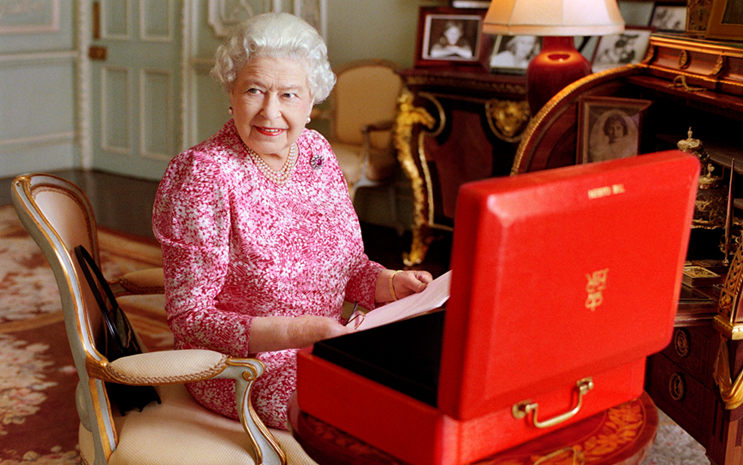Majority governments may soon be a thing of the past
JEFFREY SIMPSON
The Globe and Mail
Published Saturday, Oct. 03, 2015
Quite likely, without being aware of the fact, Canadians might be seeing their last majority government. Not for the next four years, but forever.
Three parties – New Democrats, Liberals and Greens – are pledging to replace the existing voting system (first past the post) with something else. Whatever that something-else system turns out to be, it would be more difficult to produce a one-party, majority government of the kind Canada has usually had since Confederation.
The so-called “smack of firm government” of a party with a majority in Parliament would be over. No more friendly dictatorships. Government by bargaining and internal compromise would replace government with the unilateral ability to decide.
The Conservatives, of course, favour the existing voting system. If they were to win a majority government on Oct. 19, the status quo would remain. Their chances of recapturing power with a majority, however, are slim. A minority on election night is possible, but it would be unlikely to survive in Parliament against the combined forces of the other parties.
The NDP has long favoured what is called a blended system of proportional representation, whereby voters cast two ballots, one for a constituency and one for a party list. The NDP promises to replace the existing system with proportional representation early in a mandate. Variations of the system they prefer exist in Europe (notably Germany) and in New Zealand.
The aim of the many types of proportional representation is to match a party’s share of the votes with its share of parliamentary seats, the argument being that this is more “democratic.” (The Greens also favour proportional representation because whatever its theoretical virtue, it gives them the best chance of being part of a government.)
In a multiple-party system, such as what now exists in Canada, one party seldom takes half the votes. (The Progressive Conservatives did so in 1984). As a result, no party would enjoy a majority of seats in Parliament under proportional representation. Coalition governments would become the new governing norm.
The Liberals have promised that Oct. 19 will be the last election under the existing system. They have not settled on an alternative. It could be proportional representation along the German or New Zealand lines; it could be a single-transferable vote as used in Ireland; it could be a preferential ballot, as is used in elections for Australia’s lower house. Preferential voting does tend to produce majorities.
Liberal Leader Justin Trudeau has spoken favourably about the preferential system, in which voters take the list of candidates and rank their preferences in order. But he altered his position to say that widespread public consultations should occur before a new system would be proposed in Parliament. He has repeated, however, that first past the post has to go.
Changing the electoral system would be a dramatic shift from almost a century and a half of political practice. It fires up political scientists as a fit subject for graduate student seminars. Pressure groups such as Fair Vote Canada lobby for change. Within the three opposition parties, members agitate for change.
The general public seems not much interested in electoral change, judging by how little the parties who want change have mentioned their ideas in the campaign. With their omnipresent focus groups and internal polls to guide what to talk about, parties follow rather than lead public opinion.
If the voters were charged up about system change, the parties would be talking about it incessantly, as they do about the economy. Or, if they thought change might be a wedge issue, they would be all over it as the Conservatives are about women wearing a niqab at citizenship ceremonies.
No party has committed itself to letting voters decide in a plebiscite, maybe because they fear change might lose.
When tested provincially, voters opted for the status quo. British Columbia and Ontario established constituent assemblies of citizens. The assemblies held hearings, debated the issue with intensity and recommended change, only to find their ideas rejected by voters, although the first time around in British Columbia, change almost acquired the required 60-per-cent threshold.
Quebec and New Brunswick began legislative studies into proportional representation, but both initiatives petered out. In PEI, 92 per cent of voters rejected PR in a 2005 plebiscite.
Canadians, when asked, have preferred the first-past-the-post devil they know to the PR devil they don’t. The opposition parties, however, are gung ho for change. If they succeed, one-party majority governments would be a thing of the past.


 , Ma'am, and :cheers:
, Ma'am, and :cheers:


